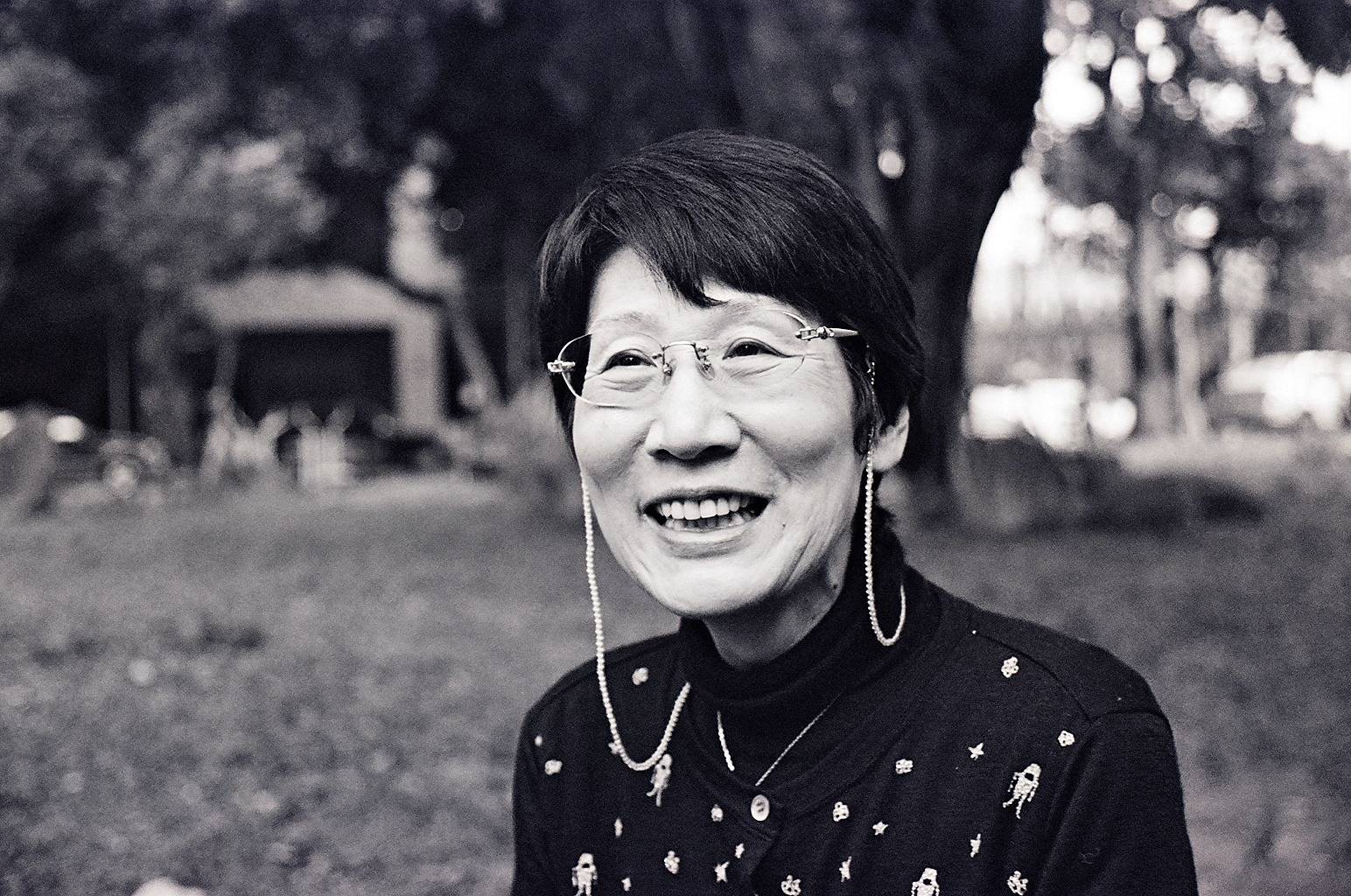Yuko Tsushima was a prolific writer, known for her stories that center on women striving for survival and dignity outside the confines of patriarchal expectations.
Even after her passing in 2016, Tsushima’s literary legacy continues, with her novel “Woman Running in the Mountains” set to be republished in English by The New York Review of Books this month. The credit for Tsushima’s work appearing in English lies with translator Geraldine “Gerry” Harcourt, whose road to translating Tsushima’s early stories parallels the writer’s artistic conceits: a fiercely independent woman on the edges of society, determined to construct her own path.



















With your current subscription plan you can comment on stories. However, before writing your first comment, please create a display name in the Profile section of your subscriber account page.